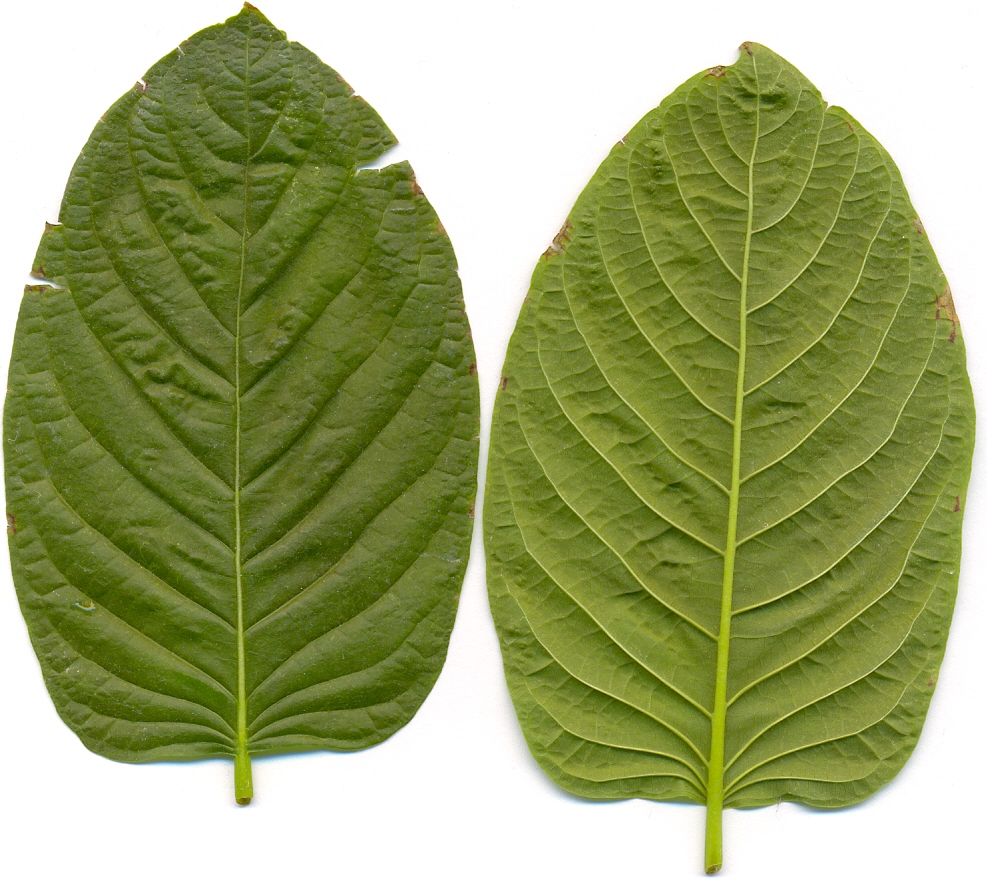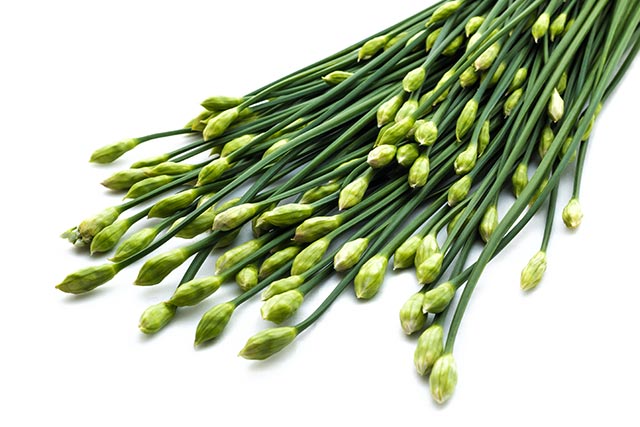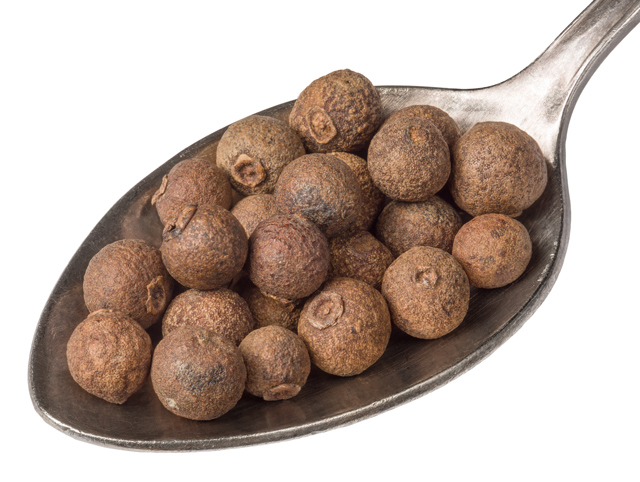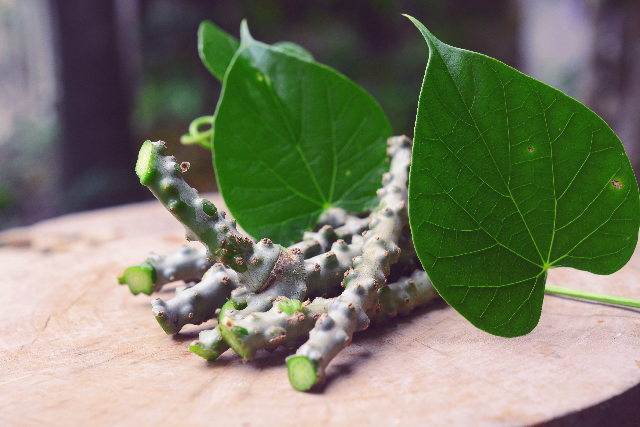Beach vitex herb found to possess anticancer properties, according to study
05/16/2019 / By Janine Acero
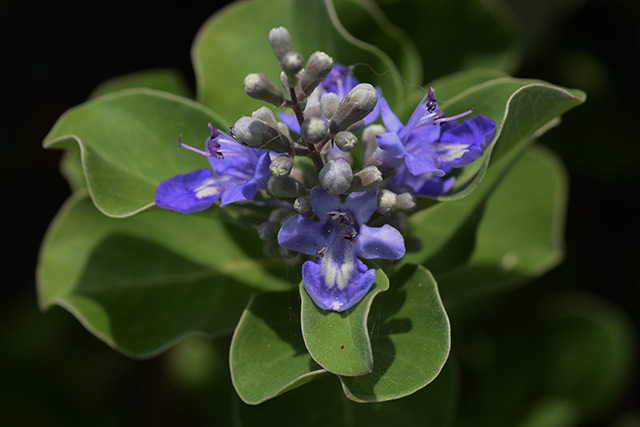
Many medicinal plants possess potent anticancer properties, but researchers have explored some lesser-known ones that surprisingly share the same therapeutic benefits. Scientists from South Korea evaluated the apoptotic mechanism of Vitex rotundifolia L. fruit extract against human colorectal cancer cells. Their findings were published in The American Journal of Chinese Medicine.
The fruit of V. rotundifolia, commonly known as beach vitex, has been reported to induce apoptosis in human colorectal cancer cells through the accumulation of oxygen species. The researchers aimed to understand further the mechanism by which V. rotundifolia induces apoptosis even though the molecular target for apoptosis has already been established.
In the study, the researchers determined a new potential mechanism for the relationship between V. rotundifolia-mediated ATF3 expression and apoptosis in human colorectal cancer cells. ATF3, or activating transcription factor-3, is a stress response gene and an inflammation regulator.
The researchers found that V. rotundifolia reduced cell viability and induced apoptosis while increasing both protein and mRNA level of ATF3 and upregulating ATF3-promoted activity.
The cis-element responsible for ATF3 transcriptional activation by V. rotundifolia was CREB which is located between -147 to -85 of ATF3 promoter. CREB is a cellular transcription factor that binds certain DNA sequences and determines the transcription of the genes.
In addition, inhibitions of intracellular signaling molecules ERK1/2, p38, JNK and GSK3-beta blocked V. rotundifolia-mediated ATF3 expression. These molecules are involved in inflammation, cell cycle, and cell death.
The power of the elements: Discover Colloidal Silver Mouthwash with quality, natural ingredients like Sangre de Drago sap, black walnut hulls, menthol crystals and more. Zero artificial sweeteners, colors or alcohol. Learn more at the Health Ranger Store and help support this news site.
The researchers also found that ATF3 knockdown by ATF3 siRNA reduced the cleavage of PARP by V. rotundifolia, while ATF3 overexpression increased V. rotundifolia-mediated cleaved PARP. PARP is a polymerase or enzyme involved in DNA repair in response to environmental stress.
ATF3 knockdown also decreased V. rotundifolia-mediated cell viability and cell death.
V. rotundifolia downregulated Bcl-2 expression at both protein and mRNA level. ATF3 knockdown by ATF3 siRNA blocked V. rotundifolia-mediated downregulation of Bcl-2. Bcl-2 or B-cell lymphoma 2 is a regulator protein involved in apoptosis.
Based on these findings, the researchers concluded that V. rotundifolia induces apoptosis in human colorectal cancer cells by activating ATF3 expression through transcriptional regulation and subsequently suppresses Bcl-2 expression as an anti-apoptotic protein.
Lower your risk of colorectal cancer
Colorectal cancer (or colon/rectal cancer) is a type of cancer that starts in the colon or the rectum. It is marked by persistent abdominal cramps, diarrhea and constipation, and rectal bleeding or bloody stool.
Colorectal cancer is one of the more common cancers in the U.S. It typically occurs in adults, although it can happen at any age. It is estimated that one in 23 men and one in 25 women will develop colorectal cancer at some point in their life.
Research shows that habits related to diet, weight, and exercise are linked to colorectal cancer risk. Here are some tips on how to lower your risk. (h/t to Cancer.org)
- Get screened for colorectal cancer — Screenings are tests that look for cancer before any symptoms develop. Colorectal screenings will look for polyps on your colon or rectum that may be removed before they turn cancerous. The American Cancer Society recommends getting screened at age 45 for people at average risk.
- Add more vegetables, fruits, and whole grains to your diet — Consuming more vegetables, fruits, and whole grains is said to attenuate the risk of colorectal cancer. Some of the well-known anticancer foods include beans, berries, broccoli, cinnamon, citrus fruits, flaxseed, garlic, olive oil, and turmeric.
- Maintain a healthy weight — A healthy weight helps curb cancer, but eating healthily won’t be enough. Exercise is also essential for maintaining a healthy weight, which may prevent cancer and other diseases.
- Limit your drinking — Alcohol has been linked to many kinds of cancer, including colorectal cancer. The American Cancer Society recommends no more than two drinks a day for men and one drink a day for women.
- Stop smoking — Smoking is terrible for your health in a lot of ways, including increasing your risk of many types of cancer. If you’re unsure how to start, the American Cancer Society offers a guideline on how to quit smoking.
Visit AntiCancer.news for more studies and news stories exploring the anticancer properties of lesser-known medicinal plants like the beach vitex.
Sources include:
Tagged Under: alternative medicine, anticancer, Beach vitex, cancer cures, colon cancer, Colorectal Cancer, food cures, food is medicine, herbal medicine, Herbs, natural cures, natural medicine, natural remedies, prevention, research, stop smoking, Vitex rotundifolia




